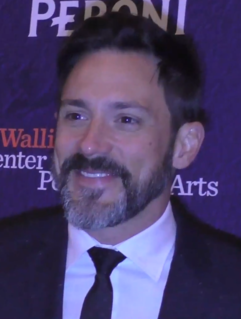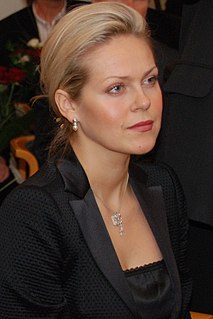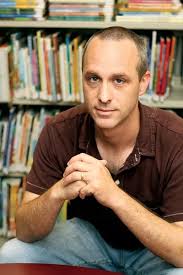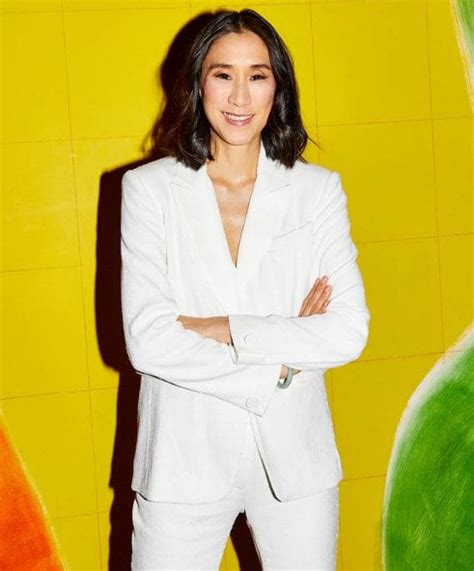A Quote by Jeffrey Eugenides
It was something every child knew how to do, maintain a direct and full connection with the world. Somehow you forgot about it as you grew up, and had to learn it again.
Related Quotes
I think that people all grow up and have their same personalities, but you can say, "Oh, I can see the roots of this personality, which I didn't like, but then you grew up, and I can still see you as that person, but I do really like you now." Which is sort of how I feel about children - I mean, about children who I knew when I was a child and grew up with, and they're still my friends, and children that I know as children who I see growing up, and every year I like them more.
When my friends and I grew up, we had 'Full House,' 'Growing Pains' and 'Roseanne.' These sitcoms were about something, about real people in a sense. They sort of super-sized real life where things aren't necessarily exactly how you go through them in daily life, but you can relate to something, and you can pull something out of it.
For a moment, I wondered how different my life would have been had they been my parents, but I shook the thought away. I knew my father had done the best he could, and I had no regrets about the way I'd turned out. Regrets about the journey, maybe, but not the destination. Because however it had happened, I'd somehow ended up eating shrimp in a dingy downtown shack with a girl that I already knew I'd never forget.
Christ, how did you ever get this screwed up! his mind demanded of him. He knew the answer, but even that was not a full explanation. Different segments of the organism called John Terrance Kelly knew different parts of the whole story, but somehow they'd never all come together, leaving the separate fragments of what had ...once been a tough, smart, decisive and to blunder about in confusion - and despair! There was a happy thought.
When her muzzle grew more white than brown, the chipmunk forgot that she and the squirrel had had nothing to talk about. She forgot the definition of "jazz" as well and came to think of it as every beautiful thing she had ever failed to appreciate: the taste of warm rain; the smell of a baby; the din of a swollen river, rushing past her tree and onward to infinity.
I mean, I've always felt like a lot of people's misconceptions of me have to do with how I grew up. I grew up poor, and I grew up rich. I think some people who have never met me have a misconception that when I was living with my father when he was successful, that I was somehow adversely affected by his success or the money he had and was making at the time.
Because God is full of life, I imagine each morning Almighty God says to the sun, "Do it again"; and every evening to the moon and the stars, "Do it again"; and every springtime to the daisies, "Do it again"; and every time a child is born into the world asking for curtain call, that the heart of the God might once more ring out in the heart of the babe.
No sooner had he thought this than he realized what was anchoring his happiness. It was purpose. He knew what he wanted to do. He knew the way he thought things should be, and Mr. Harinton was proving that other people--even adults--could feel the same way. Nicholas had something to aim for now. He might not know what he wanted to be when he grew up, but he knew with absolute certainty how he wanted to be.
I laughed but before I could agree with the hairdressers that she was crazy, she said, 'What's the world for if you can't make it up the way you want it?' " 'The way I want it?' " 'Yeah. The way you want it. Don't you want it to be something more than what it is?' " 'What'st eh point? I can't change it.' " 'That's the point. If you don't, it will change you and it'll be your fault cause you let it. I let it. And messed up my life.' " 'Mess it up how?' " 'Forgot it.' " 'Forgot?' " 'Forgot it was mine. My life. I just ran up and down the streets wishing I was somebody else.






































